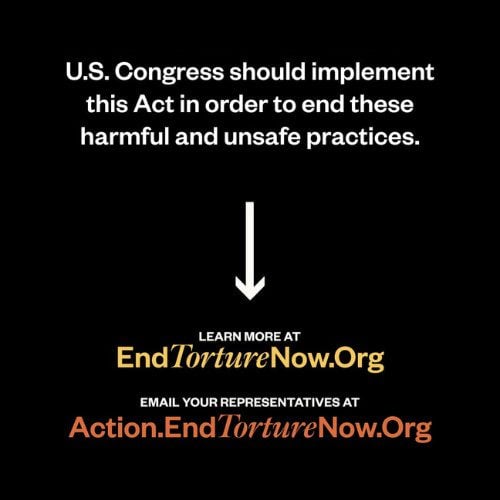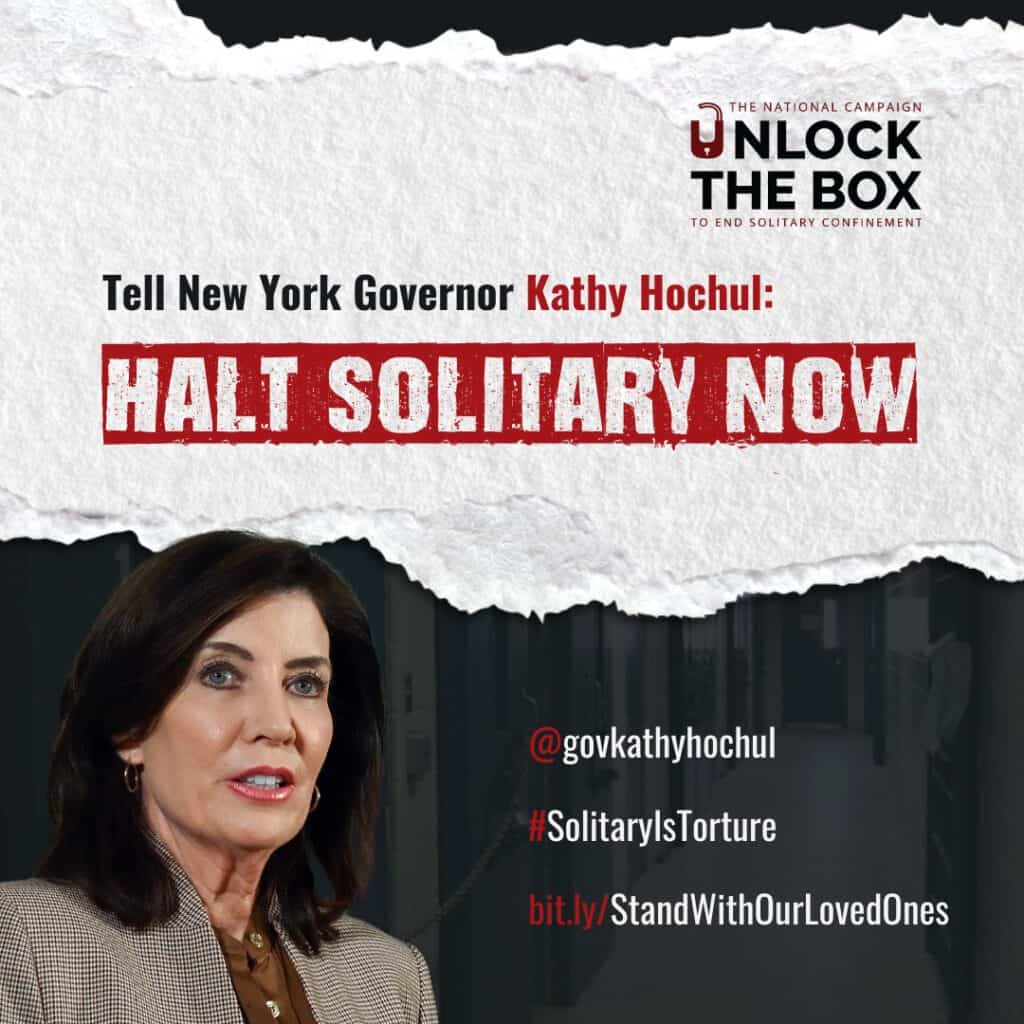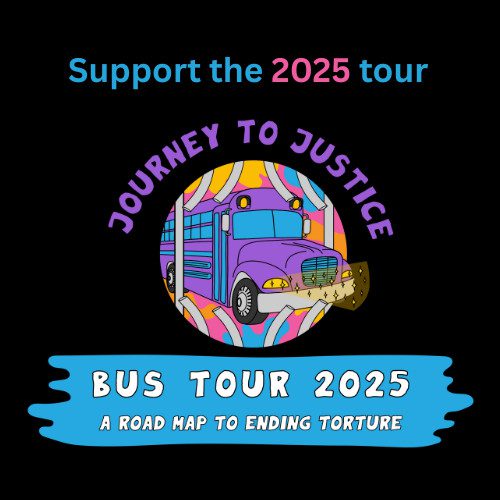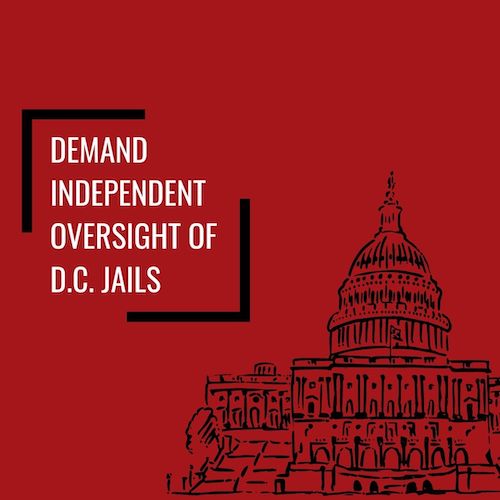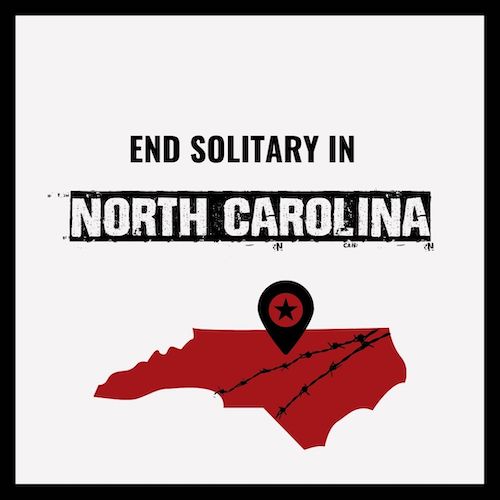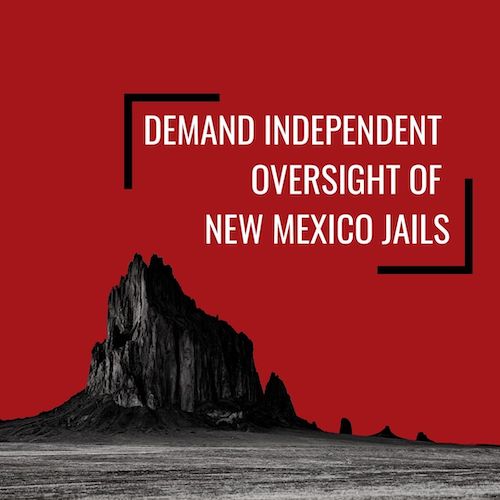ACTION CENTER
TAKE ACTION
We need YOU to help us abolish solitary confinement in the United States.
END TORTURE NOW
Raise your voice to HALT Solitary Now! Amid the ongoing catastrophe in New York prisons, Governor Kathy Hochul has purportedly agreed to illegally suspend portions of the HALT Solitary Confinement Law.
🚨 Restore personal and legal visits for all people currently incarcerated in New York State prisons
🚨 Restore and fully implement the HALT Solitary Confinement Act
🚨 Ensure access to all basic needs and other vital programs
🚨 End staff brutality, sexual violence, and other abuse of people in prison
This fall, we’re bringing the fight to you with the Journey to Justice bus tour –blending artivism, public education, and immersive experiences to fuel this crucial movement.
Fall 2025. Coast-to-Coast. Dates Coming Soon.
Berkeley, CA • Sacramento, CA • Tacoma, WA • Seattle, WA • Reno, NC • Las Vegas, NV • Alburquerque, NM • Sante Fe, NM • New Orleans, LA • Chicago, IL • Madison, WI • Lansing, MI • Buffalo, NY • New York City, NY • Philadelphia, PA • Washington, DC
GET INVOLVED LOCALLY
Our movement is as much grassroots as it is national. It’s vital that we connect with advocacy groups, survivors, and policy makers on the local level so that we can enact change from the ground up. Ways to connect and share your voice:
- Find an Unlock The Box state campaign partner
- Join a letter writing campaign to people in solitary
- Educate yourself on local solitary confinement policy
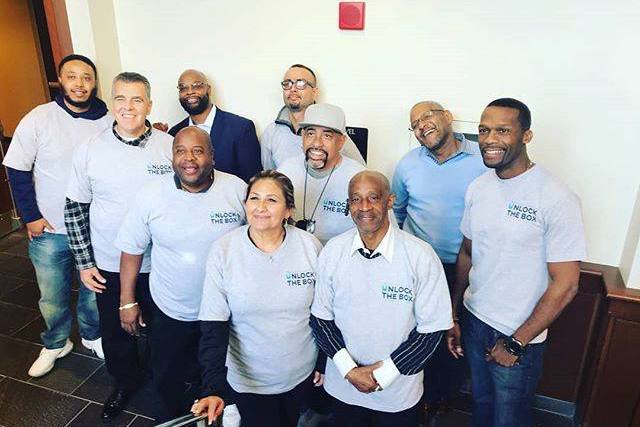
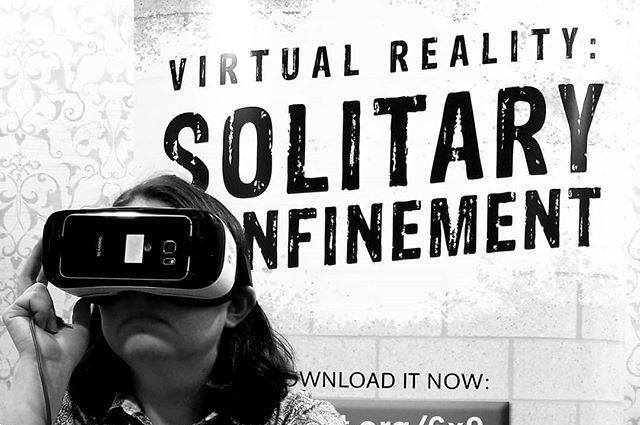
EDUCATE YOURSELF
Get to know the ins and outs of the fight to ban solitary confinement through research and learning. Visit the websites of our partners to learn about the various facets of the issue and how survivors of solitary are leading the movement to end this torture.
ADVANCE THE CONVERSATION
Let’s give them something to talk about! Expanding the national conversation about the abuses of solitary confinement is a core part of our mission. It takes the will of the people to enact meaningful change. You can do your part by encouraging conversation around the topic.
- Organize a community meeting
- Share news and share our social media to start a conversation
- Start a local petition
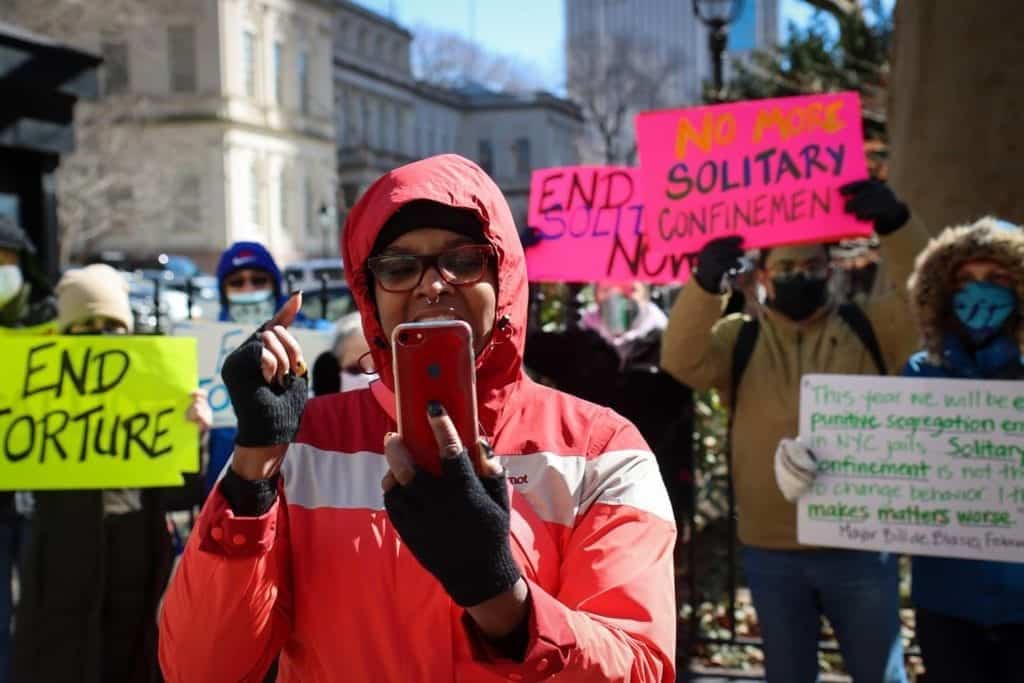
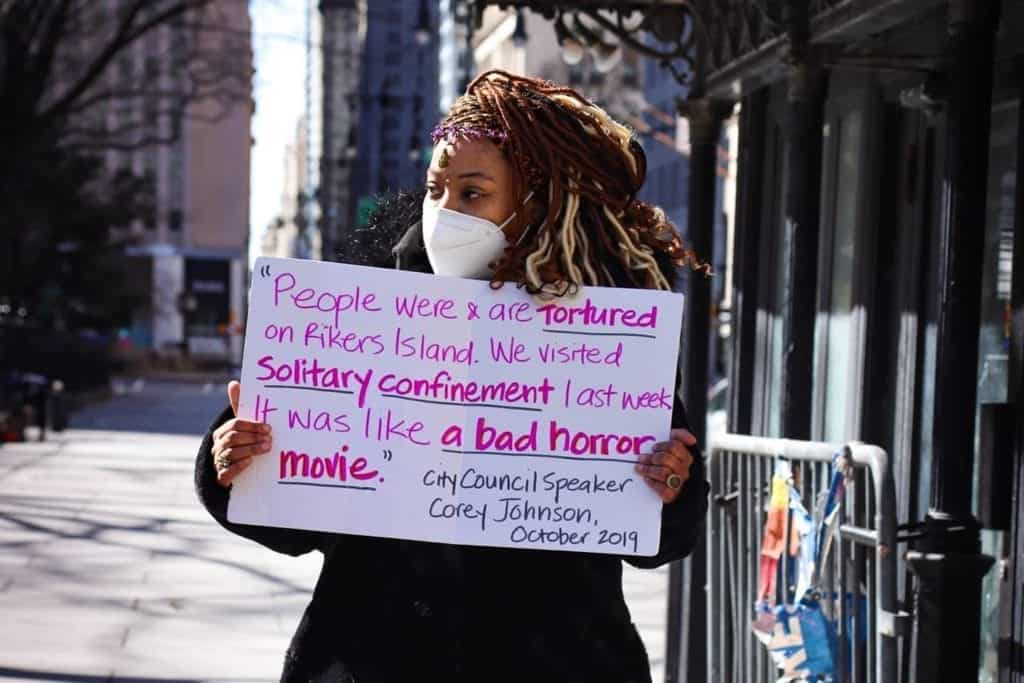
SUPPORT LEGISLATION
Passing and implementing legislation that brings the United States into compliance with the Mandela Rules and then fully ends solitary confinement are critical for stopping torture and saving lives. Advocating for and supporting legislation is crucial. We need you to join these efforts because people-power will push policymakers to pass transformational bills.
support executive action
Governors and Mayors across the country have the ability to end solitary confinement in their states and localities today. Similarly, the U.S. President has the power to end solitary confinement in federal prisons and detention centers today. Take action to demand that they end solitary now.
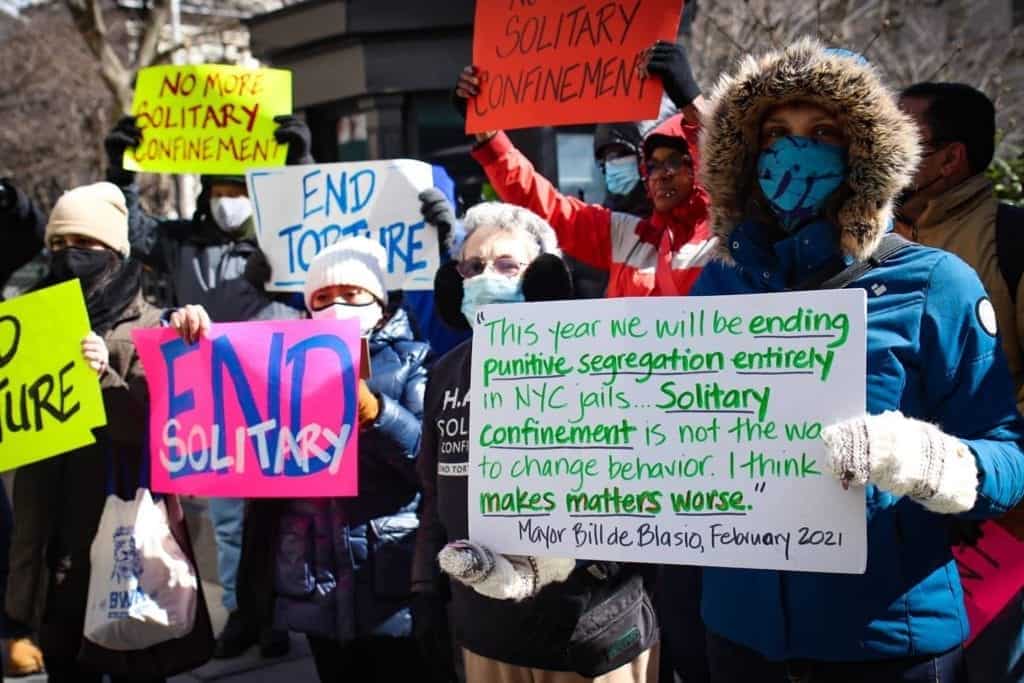
END
TORTURE
NOW
JOIN US
Sign-up for our newsletter to stay up-to-date on crucial news, events, and other Unlock The Box happenings.
